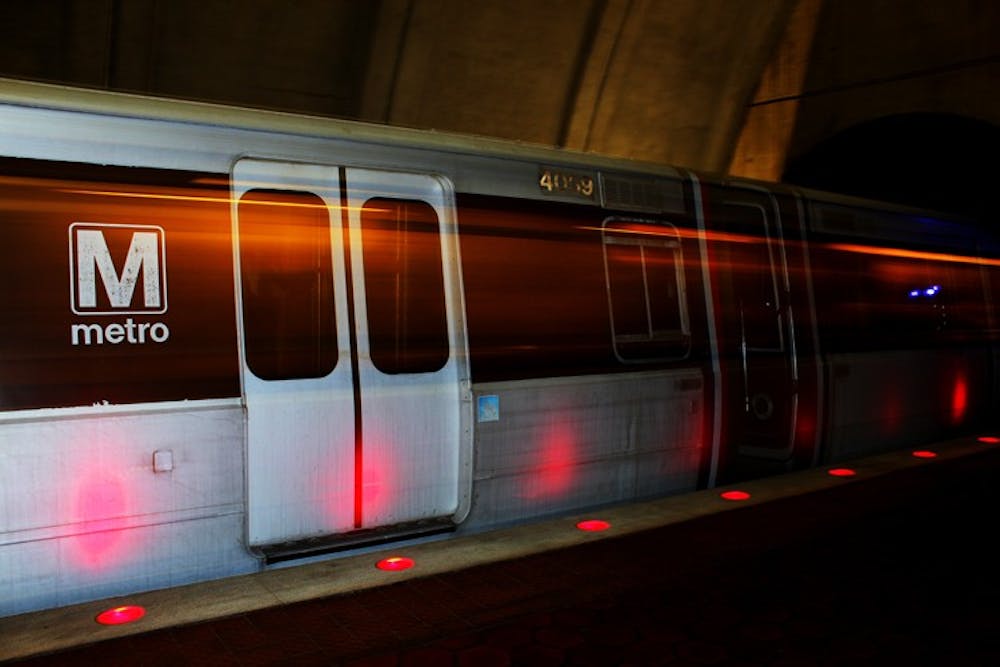The D.C. Metro system is encouraging customers to switch from paper to plastic farecards by imposing a penalty on riders who use paper ones. These changes will go in effect on July 1.
SmarTrip cards currently cost $5, but Metro plans to offer customers who purchase new cards a $3 rebate when they register the card online, according to a June 11 press release from WMATA.
Easier fare transfers, penalties for paper Metro customers will be allowed to transfer up to $20 from a paper farecard to a plastic SmarTrip card, as opposed to the previous maximum transfer amount of $7, according to the Associated Press.
Also, Metro customers will be able to load passes previously available only on paper cards onto SmarTrip cards beginning July 1. These passes include one-day rail passes and 28-day rail passes.
Metro will charge one dollar per trip when commuters use paper farecards.
WMATA plans install SmarTrip card vending machines in all rail stations by September.
Cutting costs For Metro, benefits include a reduced need for paper farecards and cuts in costs and fraud.
For passengers, the cards offer both convenience and cost-saving benefits. Using less paper farecards and more of the new style SmarTrip card saves WMATA money, General Manager Richard Sarles wrote to the Riders' Advisory Council this month.
Current SmarTrip users will not have to purchase new SmarTrip farecards.
"In order to pass these savings along to customers, and to further encourage riders to obtain and use SmarTrip cards, Metro plans to drop the cost that customers pay for the card," Sarles said.
Students welcome changes Rachel White, a rising senior at the School of Public Affairs and School of Communication, said students will benefit when there are less people at the turnstiles.
“The best aspect of this new change is the installation of SmarTrip vending machines in the rail stations,” she said. “It will be much easier to obtain a card and will allow incoming AU students to purchase one at their leisure with little confusion.”
Columbia University senior Khristopher Nicholas, who is interning in D.C. this summer, said the switch is long overdue.
“Not only are the paper cards environmentally impractical,” he said, “but they become faulty easily, are easy to lose, do not transfer balances once lost, and the worst, hold up the lines when trying to get into the turnstiles.”
news@theeagleonline.com





